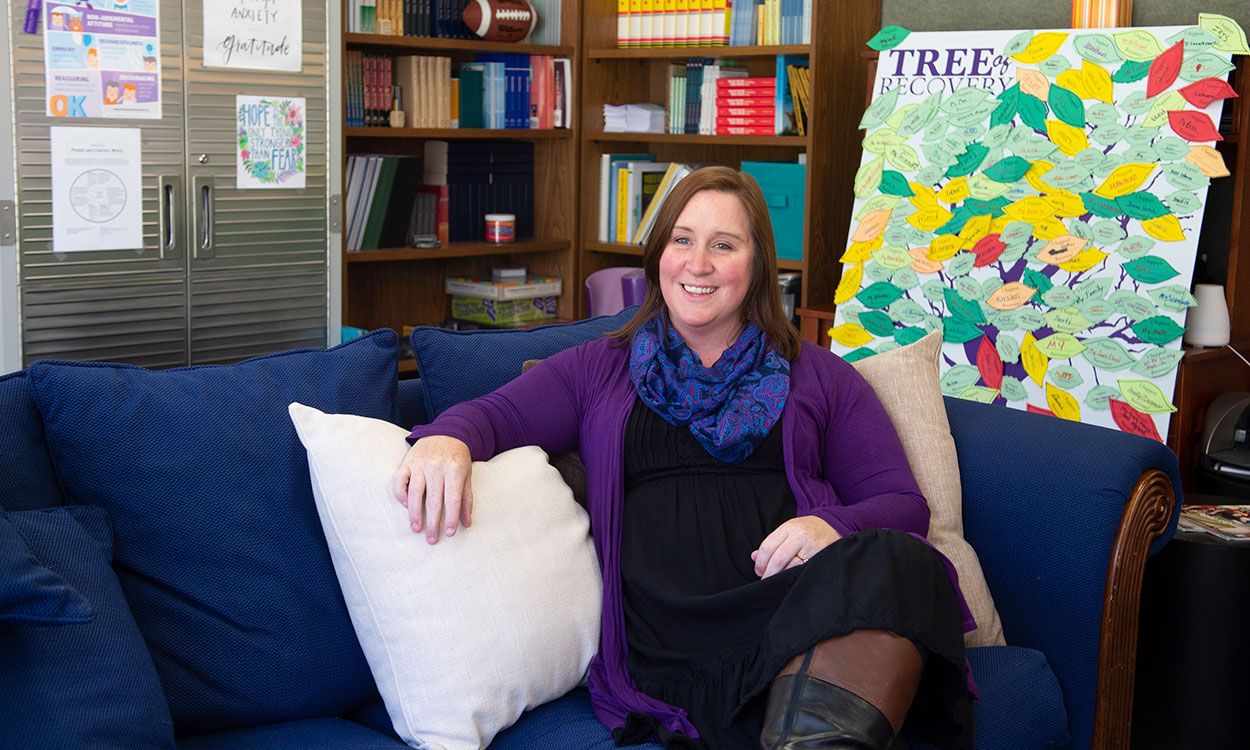Expert Commentary
As a regionally engaged university, we embrace our role as steward and champion of Western North Carolina. The opioid crisis is a nation wide epidemic whose impact we are all too familiar with in WNC. We seek to foster tangible steps that will make significant and lasting contributions to the well-being of the people affected by addiction in our region. Learn How We're Making an Impact for the future








